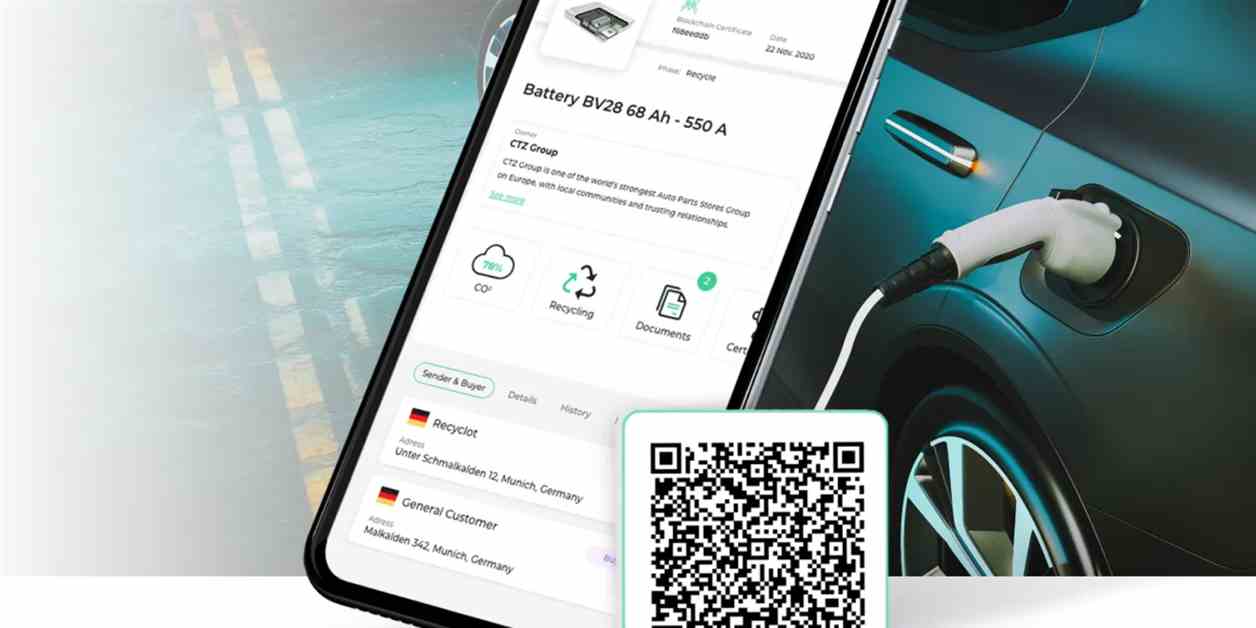Electric Vehicle Battery Passport to Become Mandatory in 2027
Starting from February 2027, every electric vehicle must have a battery passport. This digital document describes the health status of a battery, including its composition, origin of essential materials, quantity of recycled materials, and carbon footprint.
The first car to be launched with this system, the Volvo EX90, will feature a simplified version accessible through a QR code located inside the door pillar. The full version will be stored in a central database. The Swedish-Chinese manufacturer is leading the way, implementing the battery passport requirement 2 and a half years before it becomes mandatory for all new electric cars in February 2027.
State of Health of the battery
The European Union is implementing a similar model to trace meat for consumption. Each steak can be labeled to identify the animal it comes from and the producer of its feed.
For consumers, the main advantage of the battery passport is the ability to clarify the State of Health (SoH) and therefore the value of the battery at any point in the car’s lifecycle. This information is crucial in determining the residual value.
Recycling
Additionally, the battery passport will significantly contribute to recycling. By having better knowledge prior to dismantling, it is possible to recover more precious materials from the old battery. This can reduce costs by 10 to 20%, ultimately benefiting the end-user.
This information comes from a study by the Battery Pass consortium, which includes automotive manufacturers like Audi and BMW, as well as battery and chemical companies such as BASF and Umicore. Various groups and companies are currently conducting research and developing protocols. For example, Volvo is partnering with the British company Circulor for this purpose.

